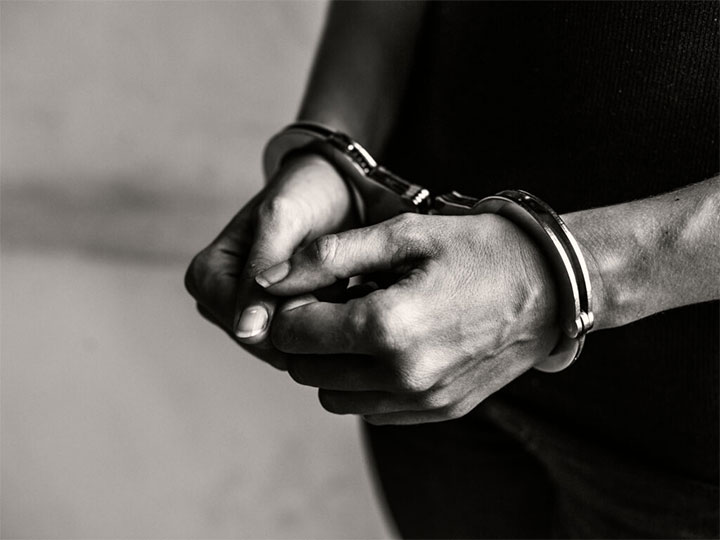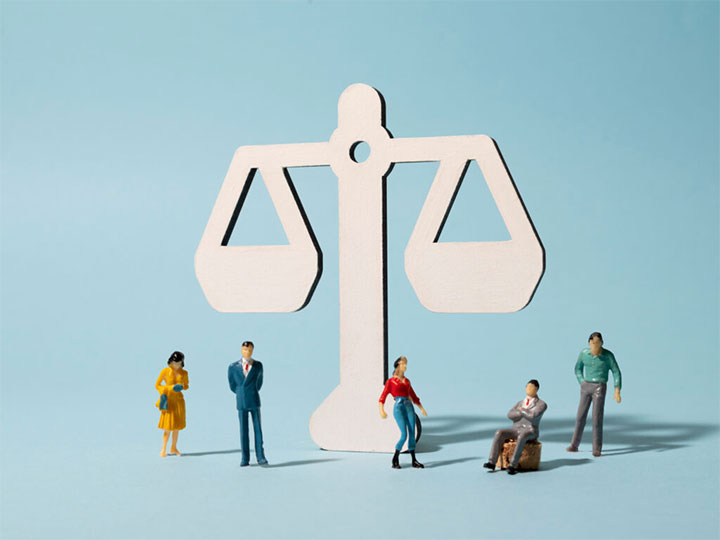In this article, we will carefully examine the situations in which a violation of human rights occurs under the European Convention on Human Rights (ECHR) and how this violation can lead to the refusal of extradition.
Fundamental Rights in Carceral Settings
Article 3 of the ECHR imposes an absolute prohibition on torture and inhuman or degrading treatment. In particular, we will focus on the prison conditions that must be guaranteed for every detained individual.
The case law of legitimacy has established that when a detainee’s living space in a cell is less than 3 square meters, a strong presumption of inhuman or degrading treatment arises. However, the assessment must take into account various factors, including the duration of the treatment, its physical and mental effects, and personal characteristics such as gender, age, and health status.
Extradition and Violation of Human Rights
The issue of potential violation of human rights in detention conditions is of utmost importance when considering whether to grant or refuse extradition (as highlighted in Sez. Cass. Sez. VI n. 28822 of 2018).
If a person risks being detained in a facility that does not respect fundamental human rights, especially the minimum living space, extradition cannot be granted.
Assessment Based on Objective Elements
The decision to grant extradition must be based on objective, reliable, precise, and up-to-date elements regarding the detention conditions in the requesting country. These elements must demonstrate deficiencies that are both systemic and limited to specific groups or detention centers.
The district court must take into account all reliable sources, including international decisions, judgments from the requesting country, and documents from international organizations such as the Council of Europe and the United Nations.

The Importance of an Expert Extradition Lawyer
In extradition proceedings, it is always advisable to rely on an expert extradition lawyer with specific expertise in human rights violations. This is to avoid the risk of being extradited in violation of one’s fundamental rights.
Having a deep understanding of international and European laws is essential to protect the human dignity of detained individuals and prevent extradition when there is a risk of inhuman or degrading treatment.

